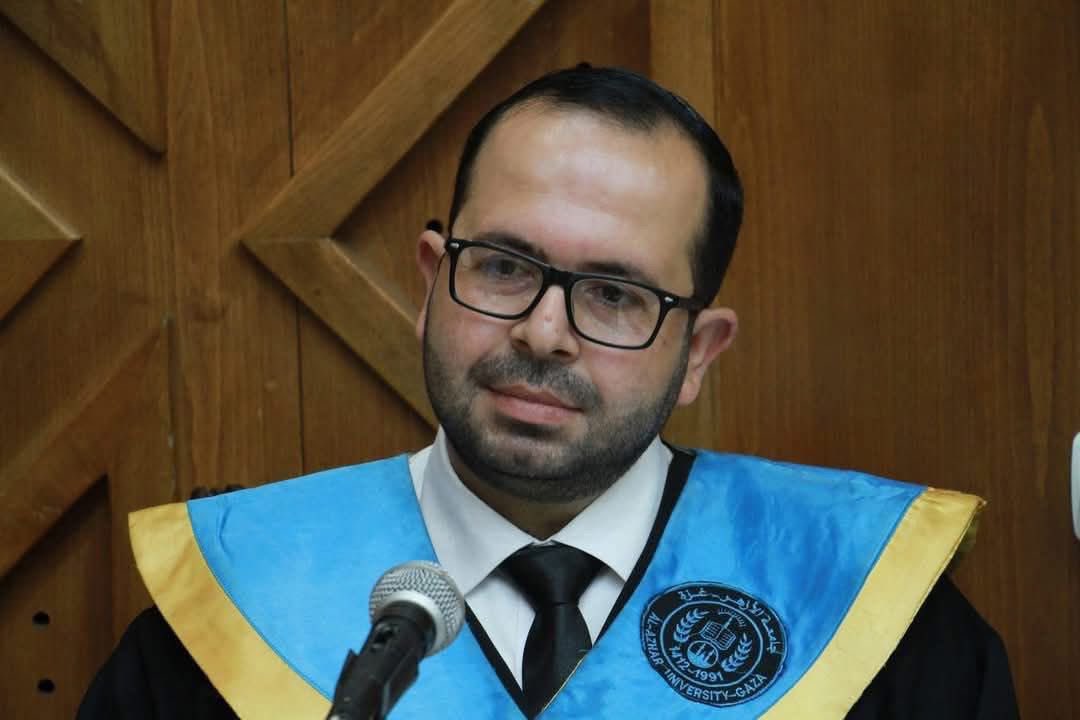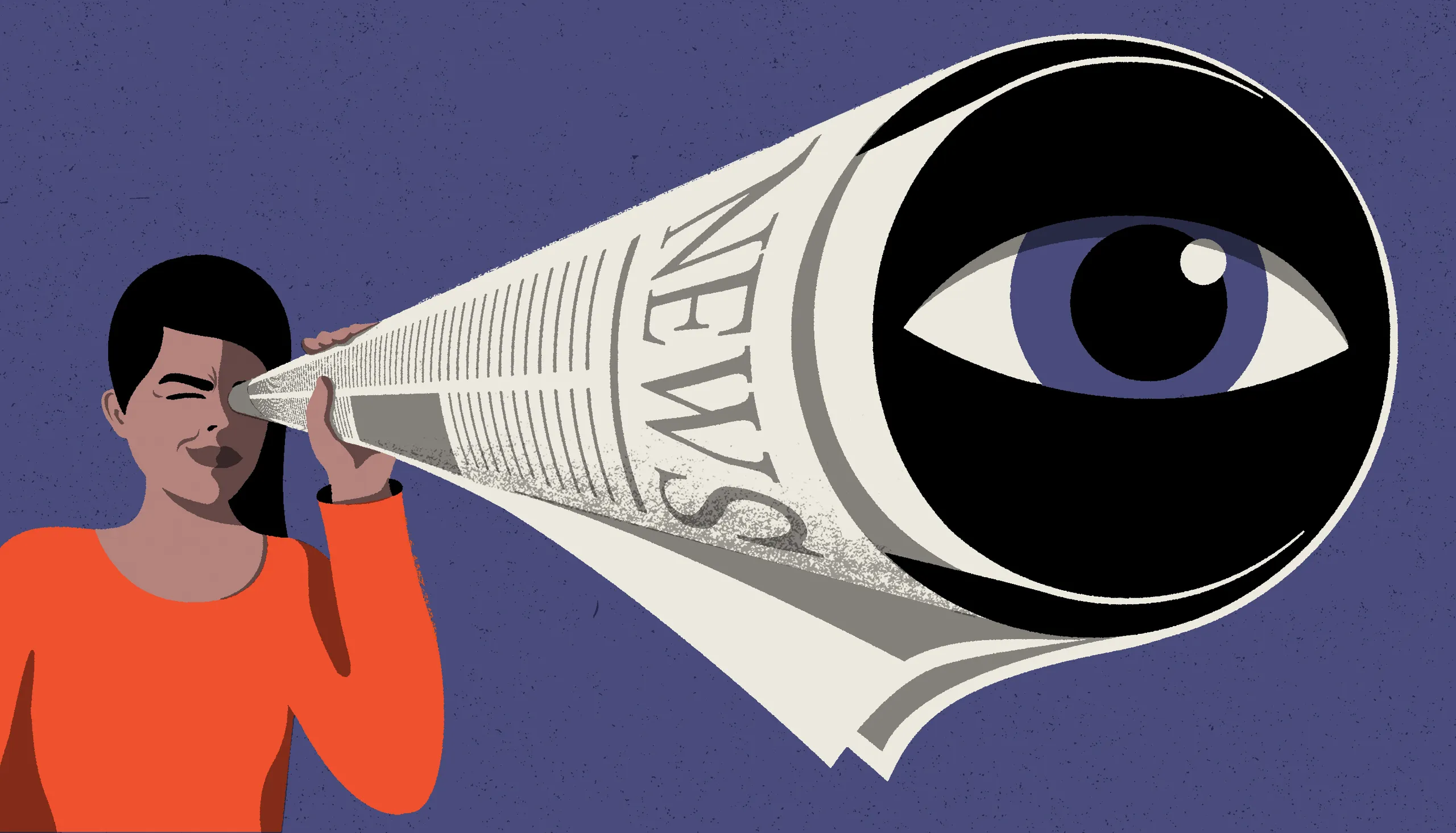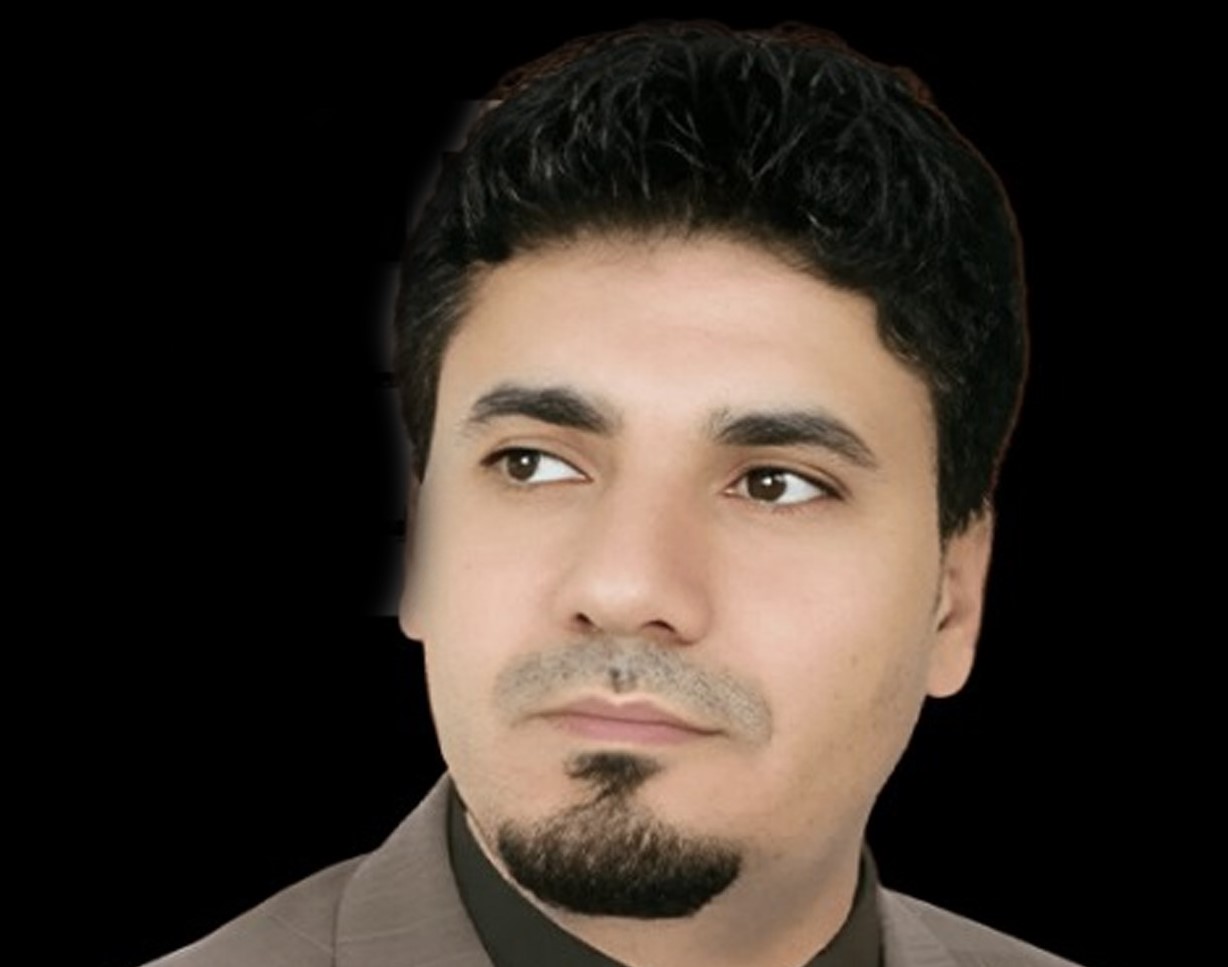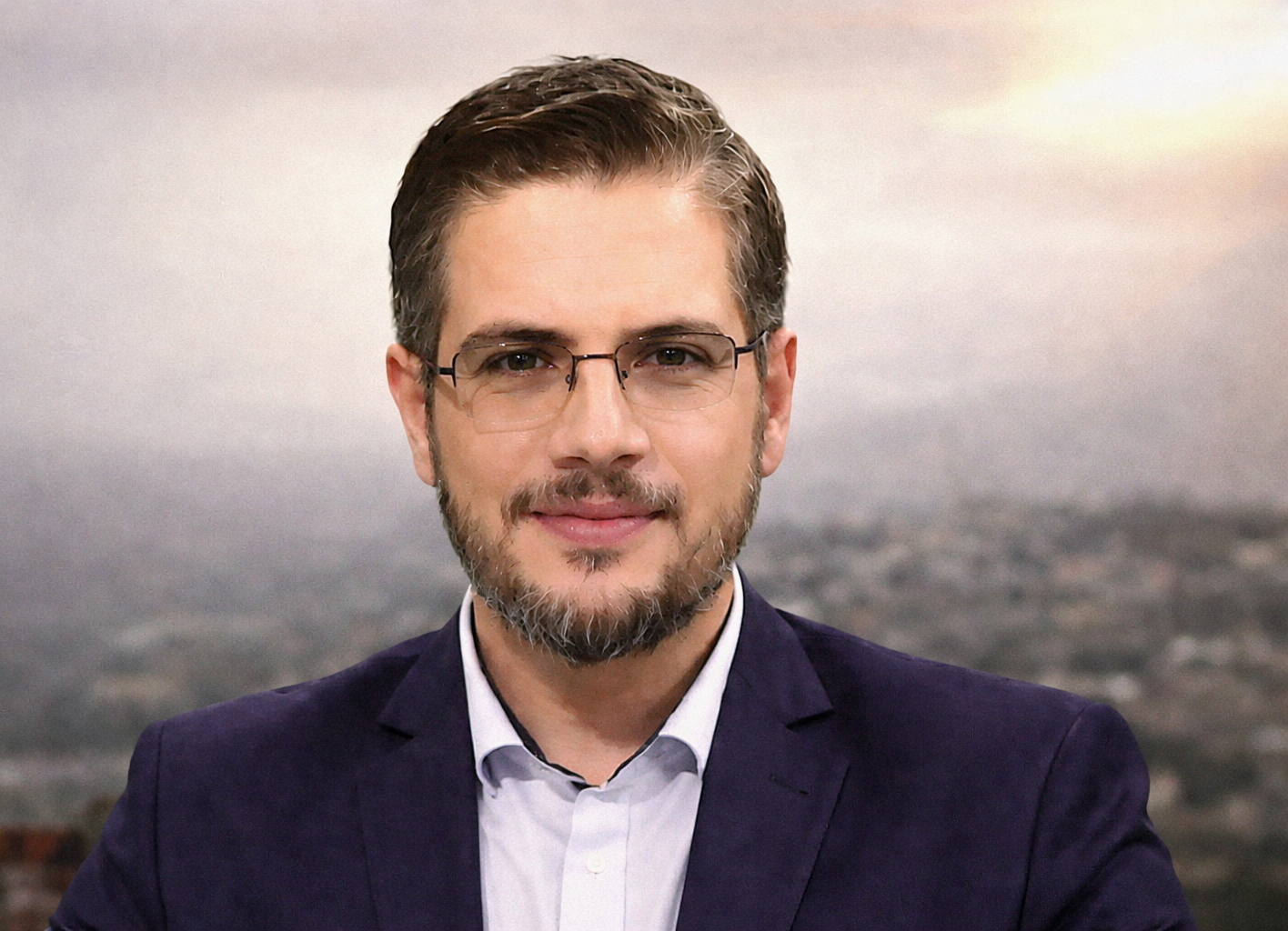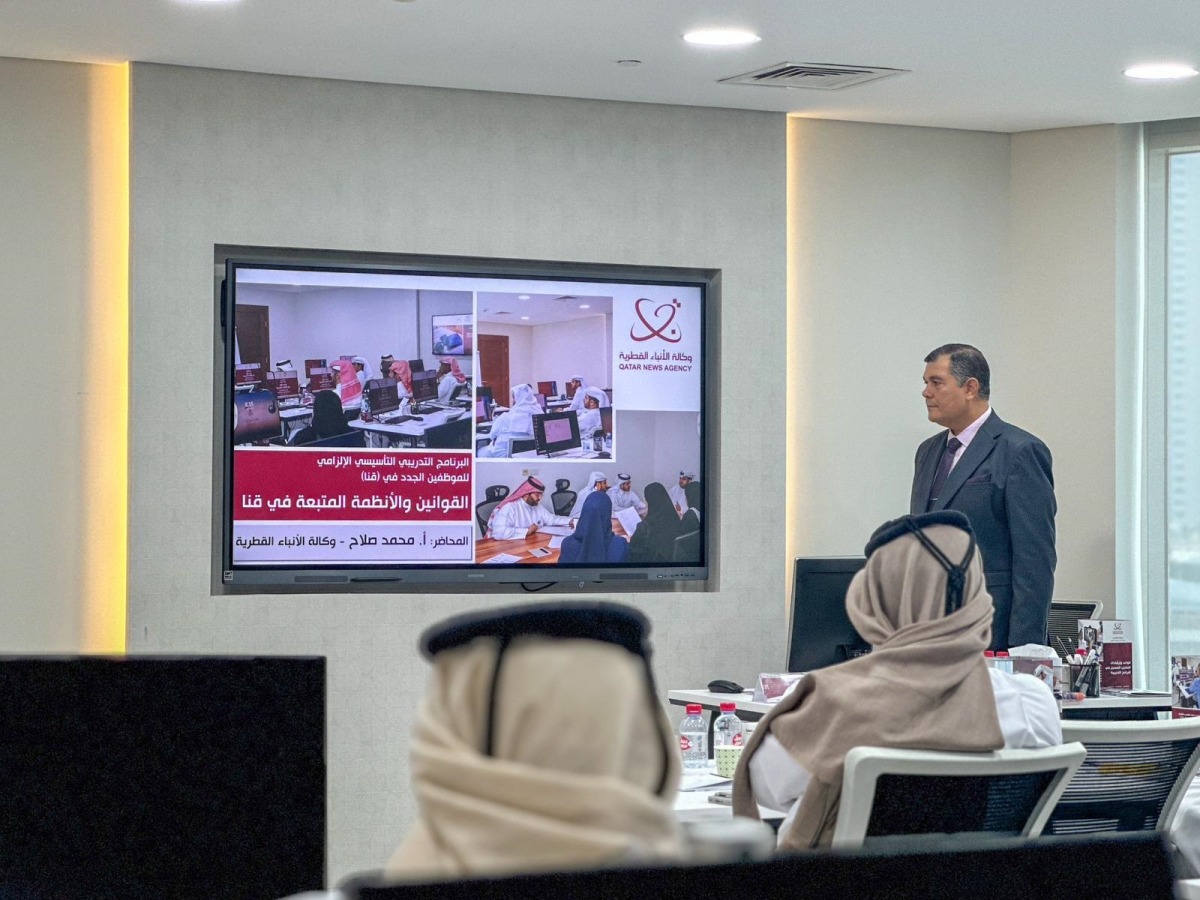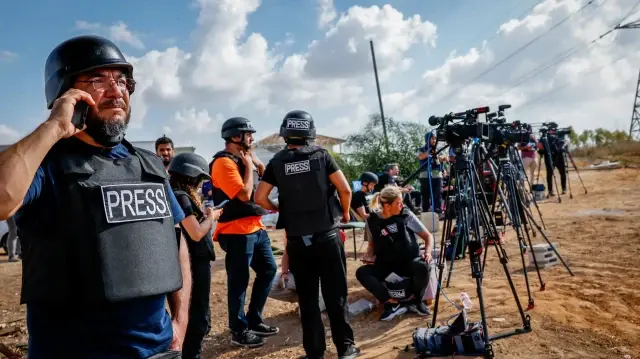After nearly a decade of silence, Al-Qaeda in the Arabian Peninsula (AQAP) has confirmed the execution of Yemeni journalist Mohammed Qaed Al-Maqri, who had been forcibly disappeared since October 2015. Al-Maqri, a correspondent for Yemen Today TV, was abducted in Al-Mukalla, Hadhramaut, while covering protests against AQAP. His fate remained unknown until AQAP released a statement on December 28, 2024, announcing his execution along with 11 other detainees accused of espionage.
The execution has drawn widespread condemnation from international press freedom organizations. The International Federation of Journalists (IFJ) and the Yemeni Journalists Syndicate (YJS) labeled the killing a “heinous crime” and demanded the immediate recovery and return of Al-Maqri’s remains to his family. IFJ Secretary-General Anthony Bellanger called the act “a hard blow to journalism,” emphasizing that enforced disappearances and extrajudicial executions are a growing threat to media workers in conflict zones.
The Committee to Protect Journalists (CPJ) echoed these sentiments, stating that Al-Maqri’s death is a stark reminder of the extreme risks journalists face in Yemen’s ongoing civil conflict. CPJ’s Middle East representative, Yeganeh Rezaian, called for accountability and urged all factions in Yemen to stop using abduction and violence as tools to silence the press.
Al-Maqri’s case highlights the broader crisis facing journalists in Yemen, where multiple factions—including AQAP, the Houthi movement, and the Southern Transitional Council—have been implicated in the kidnapping, torture, and murder of journalists. According to CPJ, at least two other journalists remain missing: Waheed al-Sufi, abducted in 2015 and believed to be held by the Houthis, and Naseh Shaker, who disappeared in late 2024 under unknown circumstances.
The execution of Mohammed Al-Maqri underscores the urgent need for international intervention, legal accountability, and greater protections for journalists working in war zones. As Yemen’s conflict continues, the targeted silencing of reporters not only threatens individual lives but also erodes the public’s right to independent, truthful information—a cornerstone of justice and democratic resilience.
